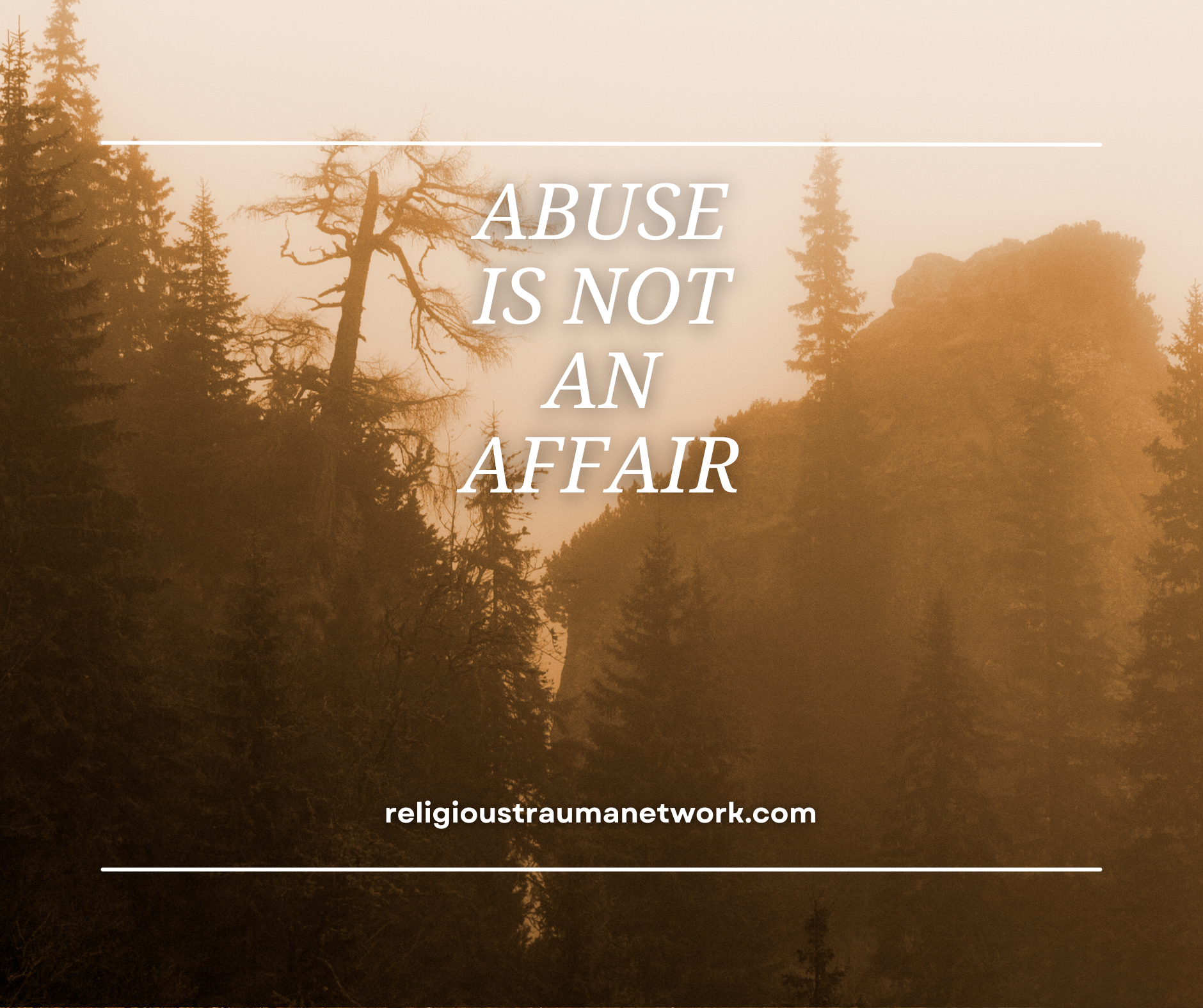
From Promise Ring to Stethoscope: Confronting Purity Culture as Patient or Healthcare Provider
As a survivor of purity culture and now as a Religious Trauma Advocate, I've come to recognize the profound impact this movement has had on individuals and communities. Purity culture, which gained prominence in the 1990s within evangelical Christian circles, emphasized sexual abstinence before marriage, traditional gender roles, and modesty. While often well-intentioned, this movement has left many grappling with long-lasting effects on their mental and sexual health.

Unpacking Religious Trauma: The Deep and Lasting Effects of Spiritual Abuse
There have been countless times in Christian spaces and churches when I found myself feeling completely dysregulated, yet I had no idea what was happening to me. In those moments, I experienced a mix of panic, isolation, and anger, but what hurt most was how others often viewed me as crazy or out of control. The goal of this post is to help you understand the profound effects of spiritual abuse and how religious trauma impacts both the mind and body. It's about shedding light on how these experiences can shape your emotional and physical responses, often in ways that are misunderstood or ignored.

Abuse is Not an Affair: The Religious Trauma of Clergy Sexual Abuse of Adults
The language we use matters when discussing the sexual abuse of adults within religious contexts and is complicated because the legal language and laws around sexual abuse or assault vary from state to state. In some jurisdictions, sexual abuse tends to describe ongoing harm, while assault usually refers to one specific act.
The term sexual abuse is more often used when referring to abuse of victims under the age of eighteen. Sexual assault is generally used for one-time incidents involving adult victims. This leaves those adults who experienced ongoing abuse without language to describe what occurred and that vacuum is often filled with the word “affair” or the term “inappropriate relationship.”

Religious Trauma Recovery: Holiday Support
Are the holidays hard for you? You’re not alone.
For survivors of religious trauma and spiritual abuse, the holiday season can be an intensely triggering time. The ubiquitous religious imagery, music, and traditions can serve as painful reminders of past experiences within oppressive or abusive religious environments.
Family gatherings may force interactions with individuals who were complicit in or dismissive of the abuse or lived experience. The emphasis on faith, worship, and spiritual celebration can resurface complex emotions like grief, anger, and confusion about one's spiritual identity.

4 Responses of Unhealed Trauma
I want to take a deeper dive into the world of trauma responses – those ways our minds and bodies react to past hurts, shaping our thoughts and actions long after the dust settles. Sometimes we think we’ve dealt with something, but realize patterns are still in place that may be signals something isn’t healed, healthy or whole.

Calming Your Nervous System as a Parent: While Processing Childhood Trauma
Parenting is such a wild ride—full of ups, downs, and everything in between. You’ve finally nailed the toddler and elementary years when, wham! You wake up one morning and now have a teenager in your home with those years full of their own challenges, developmental stages and complexities.
When you’re also carrying the weight of your own childhood trauma, parenting can often feel like an even bigger challenge. But here’s the thing: your trauma is not your child’s trauma. In fact, showing our kids how we learn, grow, and tackle tough stuff can be one of the best lessons we can give them.ll begins with an idea.
